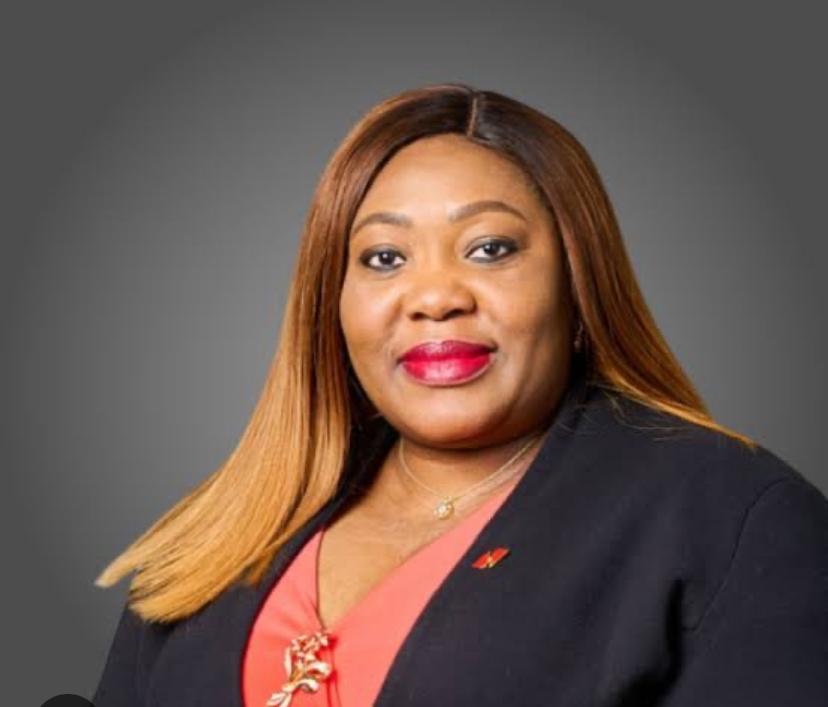UBA America provides trade lines, clearing services to over 85% of Nigerian banks- CEO
Daily Trust recently spoke with the Group Executive Director for UBA Group, overseeing international operations outside Africa Chief Executive Officer of the United bank for Africa (UBA), America, Sola Yomi-Ajayi, in Washington DC, who spoke on a number of issues especially how it offers banking services to U.S. corporations doing business in Africa, African corporations needing support in the U.S. […]

whatsapp image 2024 11 11 at 5.52.28 pm
Daily Trust recently spoke with the Group Executive Director for UBA Group, overseeing international operations outside Africa Chief Executive Officer of the United bank for Africa (UBA), America, Sola Yomi-Ajayi, in Washington DC, who spoke on a number of issues especially how it offers banking services to U.S. corporations doing business in Africa, African corporations needing support in the U.S.
Can you speak to your role at UBA?
I serve as the Group Executive Director for UBA Group, overseeing international operations outside Africa. Additionally, I’m the CEO of UBA America, where I lead our banking efforts in the U.S. We’ve been operating here for 40 years, having secured our banking license in 1984. We offer banking services to U.S. corporations doing business in Africa, African corporations needing support in the U.S., and the development community. We facilitate funds and initiatives supporting the UN’s Sustainable Development Goals (SDGs) and work across various project streams to extend our reach beyond major cities, especially in Nigeria, where we have deep market penetration.
How does UBA’s infrastructure support development work across Africa?
We leverage our extensive network, especially in Nigeria where we are present in every state, city, and local government. This allows development partners to reach more communities and maximize their impact on poverty reduction, education, food security, and other pressing issues. We believe in giving back, so our role involves partnering with institutions to address key social challenges and support those affected by displacement and other hardships.
Could you tell us more about your focus on facilitating flows into Africa?
My role involves fostering relationships with development organizations and corporate institutions globally, be it in the U.S., Europe, or elsewhere, to bring investment, trade, and capital flows into Africa. We support these connections to enhance trade, foster economic empowerment, and elevate living standards.
How significant has UBA America’s impact been over the past 40 years?
The impact has been substantial. UBA America is the second most profitable entity within the UBA Group, which spans 24 countries. Our successful model here is being replicated in the UK, France, and the UAE, supporting global business flows with Africa and contributing to economic growth across our countries of operation.
What role does UBA play in the African Free Trade Zone?
The Free Trade Zone has allowed African businesses, including those in Nigeria, to engage in trade with fewer regulatory obstacles. UBA supports this by facilitating and confirming Letters of Credit (LCs) for imports and exports. In the past, African banks often needed foreign bank confirmations to access LCs. Now, UBA America bridges this gap by confirming LCs for beneficiaries in regions like India, China, North America, and Europe. We bank over 85 percent of Nigerian banks and provide trade lines and clearing services through our membership in the U.S. Federal Reserve System, the only African bank with this privilege.
How does UBA balance profit with developmental goals?
While profit is essential, we prioritize responsible growth that supports the financial ecosystems in the countries where we operate. Our goal is to enable smaller institutions to grow, serve their clients, and build financial stability across the region. This approach allows us to contribute meaningfully to the development of financial systems, especially in emerging markets.
